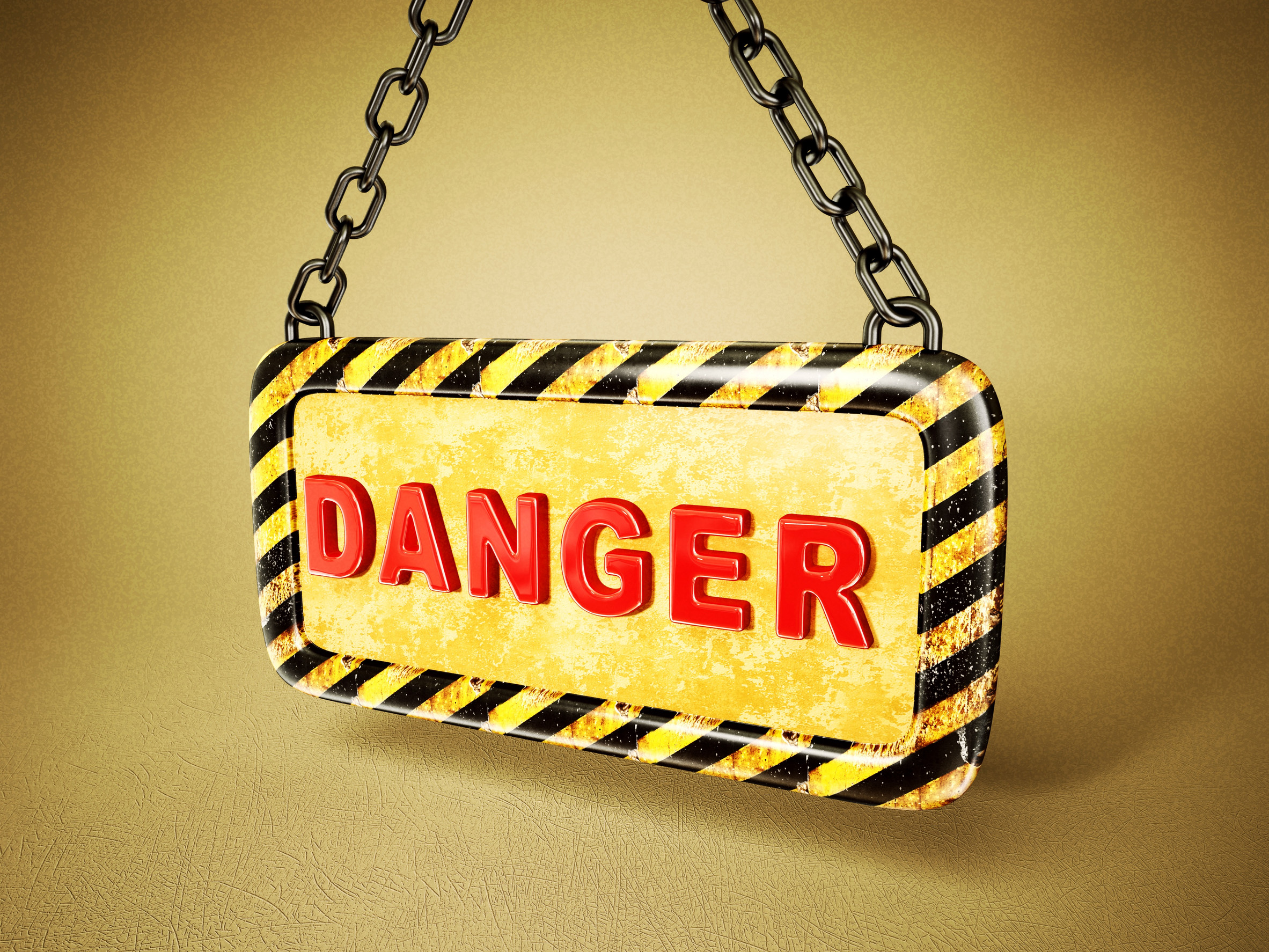Big box stores like Walmart, Target, and Costco are known for their convenience and low prices, but that doesn’t always mean every product on their shelves is safe. From furniture to electronics, several popular items have recently failed independent consumer safety tests, raising serious red flags for shoppers. These failures aren’t about minor cosmetic flaws—they’re about fire hazards, chemical risks, choking concerns, and electrical malfunctions. While recalls do happen, not all dangerous products get pulled from shelves fast enough. Here are five items you might be buying that experts say could be putting your household at risk.
1. Budget Furniture That Fails Tip-Over Standards
Flat-pack dressers and nightstands may look like a great deal, but many fail basic stability tests. Consumer safety tests have revealed that several popular models sold at major retailers tip over too easily, especially when drawers are open. This is especially dangerous in homes with small children, as furniture tip-overs can cause serious injury or even death. Some brands skip critical safety features like wall anchors, relying on customers to install their own. If you’re shopping for furniture, look for pieces that meet ASTM tip-over safety standards or come with built-in stabilizing features.
2. Space Heaters That Overheat or Spark
As colder seasons approach, space heaters fly off the shelves—but not all models are safe. Recent consumer safety tests found that some low-cost units overheat quickly or emit sparks when operating on high settings. A few even failed to shut off automatically when tipped over, creating a serious fire risk. Big box stores often stock a wide variety of heaters, but not all are certified by recognized safety labs like UL or ETL. Always check for a certification label, and steer clear of models with limited or vague safety information.
3. Cheap Phone Chargers That Fail Electrical Safety Tests

It’s tempting to grab a $5 phone charger while checking out, but these accessories often fail critical safety evaluations. Many off-brand chargers sold at big box stores lack proper insulation and surge protection, increasing the risk of electric shock or fire. Consumer safety tests have shown that some chargers melt, spark, or short-circuit after minimal use. Experts recommend avoiding chargers that don’t clearly display certification logos such as UL or FCC. When it comes to electronics, sticking with name-brand or certified alternatives is the safer move.
4. Plastic Kitchenware With Harmful Chemical Leaching
Those brightly colored mixing bowls and food containers might be doing more harm than good. Some plastic kitchenware sold at discount prices has failed testing for chemical safety, especially when exposed to high heat. BPA, phthalates, and other chemicals can leach into food, particularly in the microwave or dishwasher. While many products claim to be “BPA-free,” not all substitute materials have been fully tested for long-term safety. Stick with glass, stainless steel, or reputable brands that are transparent about their materials and certifications.
5. Children’s Toys With Choking or Toxic Risks
Unfortunately, even the toy aisle isn’t always safe. Several small toys and accessories marketed toward young kids have failed consumer safety tests due to small detachable parts and high levels of harmful substances like lead or cadmium. These products may meet minimum federal guidelines but still fall short of stricter testing standards used internationally. When it comes to toys, it’s crucial to check age recommendations, look for recalls, and read safety reviews. Trusted third-party testers like the Consumer Product Safety Commission (CPSC) regularly release updated warnings, so it pays to stay informed.
Shopping Smart Means Looking Beyond the Price Tag
It’s easy to assume that products sold at major retailers are safe by default, but consumer safety tests continue to reveal gaps in quality and protection. Just because something is available on a shelf doesn’t mean it meets the highest safety standards. When shopping, look for products with third-party certifications, read reviews carefully, and don’t be afraid to research potential recalls. Safety should never take a back seat to convenience or cost. A few extra minutes of diligence could protect your home and loved ones from harm.
Have you ever bought a product that turned out to be unsafe? Share your story in the comments to help others make smarter, safer choices!
Read More
5 Types of Food Safety Issues the FDA Routinely Monitors
7 Grocery Items That Are No Longer Safe to Stockpile Long-Term
The post 5 Items at Big Box Stores That Are Failing Consumer Safety Tests appeared first on Grocery Coupon Guide.







